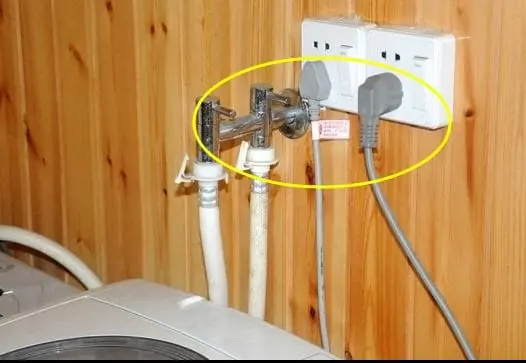
Soaking vegetables in saltwater is outdated. Instead, do it this way
Washing vegetables with salt will cause chemicals to be absorbed back into the vegetables. Instead, do it this way 👇
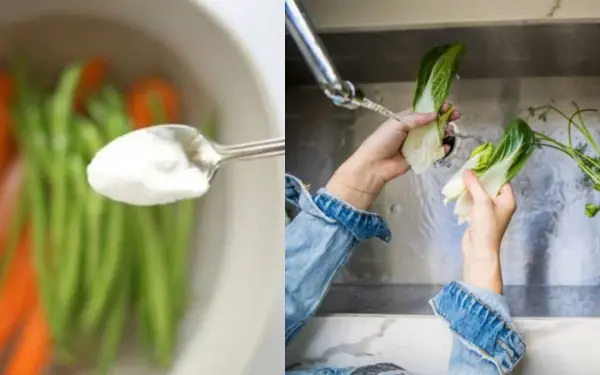
The act of soaking vegetables and fruits in saltwater only helps inhibit or kill bacteria to a moderate extent, not automatically removing harmful chemicals from food just by placing them in saltwater.
Moreover, soaking vegetables and fruits in saltwater for too long can cause nutrient loss, bruising, and the vegetables will lose their taste when cooked. "The vitamin and mineral content in vegetables and fruits soaked and washed this way will be significantly depleted. Additionally, soaking vegetables for too long can be harmful to health, as dirt may seep back into the produce," said Mr. Thinh.
"Until now, no scientific study has confirmed that saltwater can kill worm eggs, bacteria, etc., let alone remove chemicals from vegetables and fruits as many people believe," affirmed Associate Professor Dr. Tran Hong Con.
Washing Vegetables Properly
Washing vegetables under running water
Nowadays, hygiene is mostly well-controlled. The cultivation of vegetables also applies advanced technology, no longer using fresh manure, but primarily chemical or biological fertilizers.
During the growing process, farmers use various chemicals, so pests, especially worms, are not as prevalent as in the past. Therefore, instead of soaking vegetables in saltwater, you should wash them thoroughly under running water. The flowing water helps wash away dirt, bacteria, and parasites stuck on the surface.
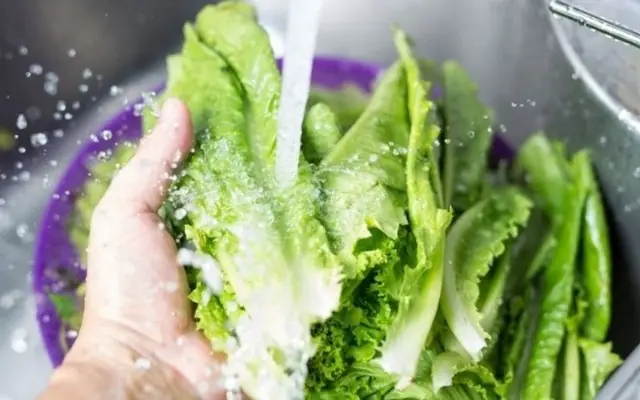
You should hold the vegetables one by one under the running water, using clean hands to scrub off any dirt on the vegetable’s surface, but avoid bruising them. This method of washing under running water helps remove bacteria, parasites, and surface dirt most effectively.
How to Wash Vegetables to Minimize Chemicals
Before cooking, about 1-2 hours ahead, housewives should remove any dirt or sand, rinse the vegetables thoroughly, and then soak them in a basin of water. During this soaking process, if there are any residual chemicals on the vegetables, they will dissolve into the water and be reduced when we eat them.
If there’s time, change the water every 30 minutes. It’s particularly important not to cut or chop vegetables during the soaking process, as that would cause nutrient loss.
The soaking water should be clean water, with no added chemicals or solutions. Before cooking, take the vegetables out and rinse them again with clean water.
Once the vegetables are washed, only then should you chop or cut them, depending on the dish you’re preparing. Soaking vegetables for a few hours helps reduce chemical residues, while a quick rinse only removes surface contaminants.
Blanching Vegetables in Boiling Water Before Cooking
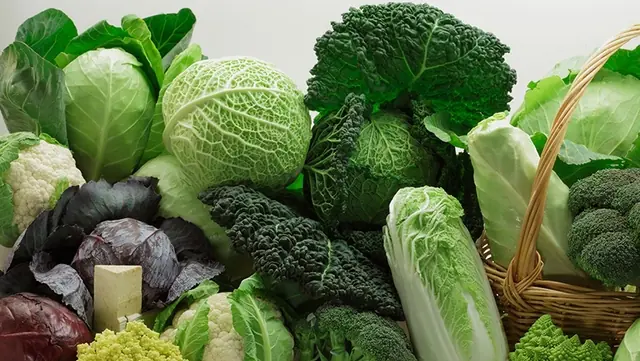
Boiling water can help break down some toxic substances. Therefore, for certain types of vegetables with a risk of pests or chemical contamination, they should be briefly blanched in boiling water. Vegetables like beans, cabbage, and cauliflower are particularly suitable for this method.
Blanching in boiling water can help break down some chemicals and pesticides. To do this, boil enough water for the vegetables, then immerse the vegetables for 1-3 minutes, depending on the type. Afterward, remove them, rinse again, and then proceed to cook or stir-fry, or use them in soups, etc.
News in the same category

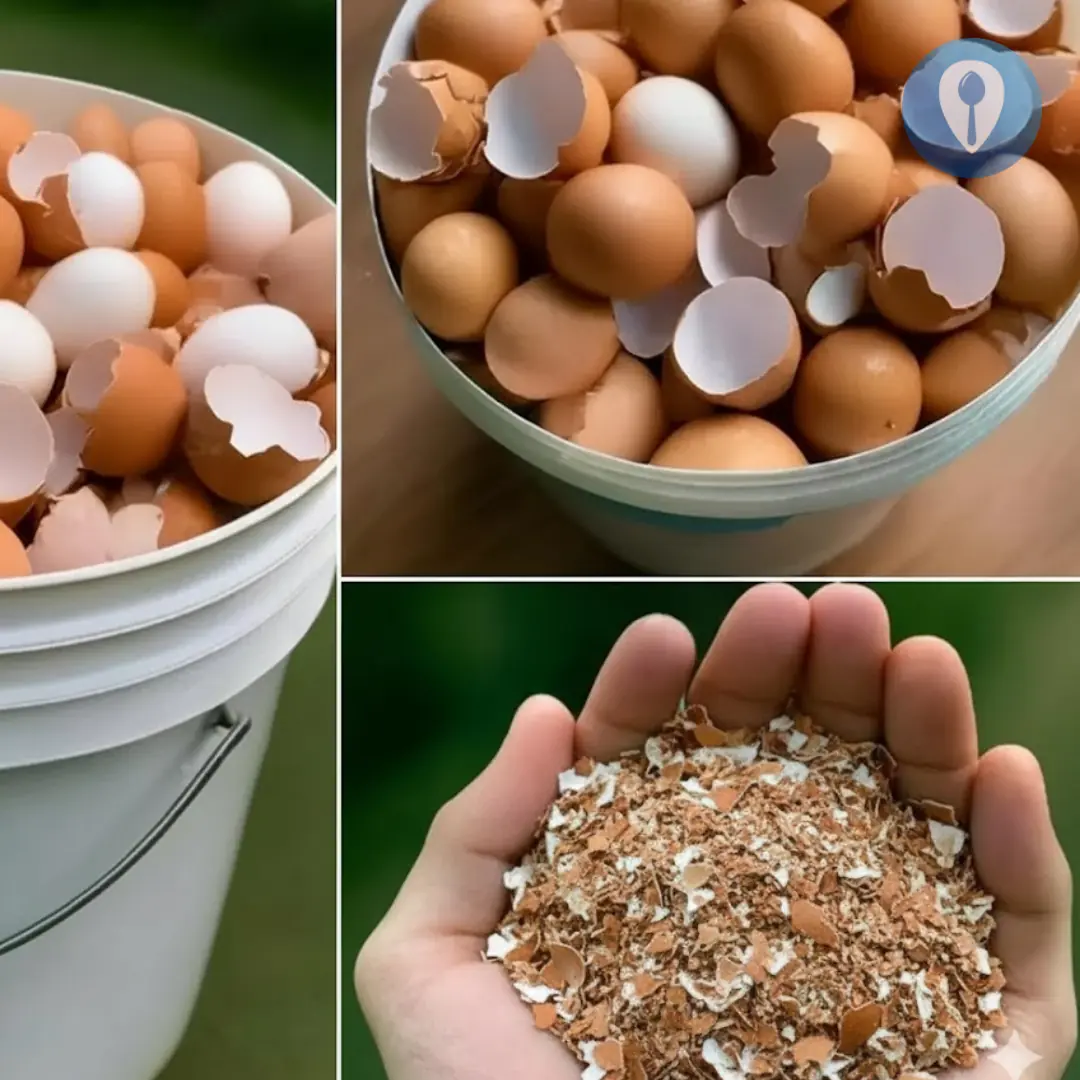
Boil eggshells and say goodbye to the …
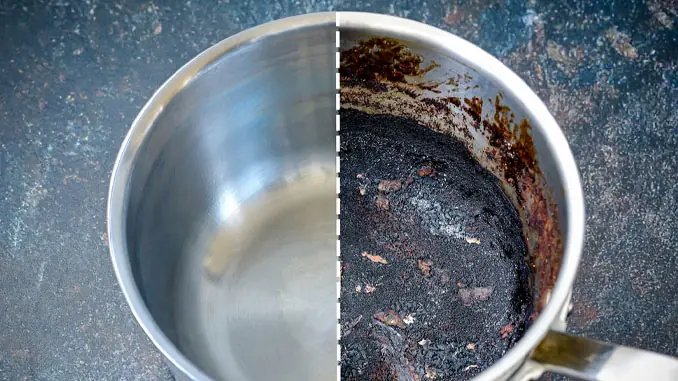
Instead of using steel wool, this is the proper way to clean stainless-steel pots and pans to help extend their “lifespan”—a tip many people don’t know.
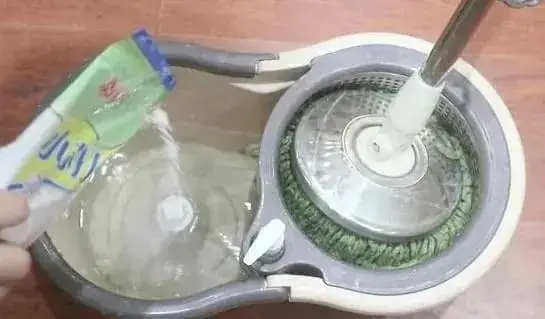
Mopping with Plain Water Is Pointless: Add This One Thing and Your Floor Will Shine Like a Mirror All Week!
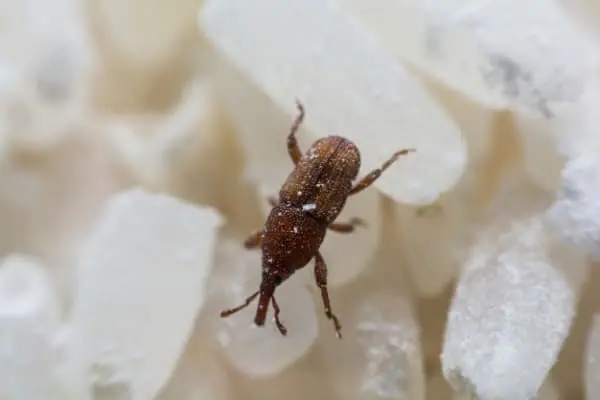
How to store rice properly to prevent moths and keep it fresh longer
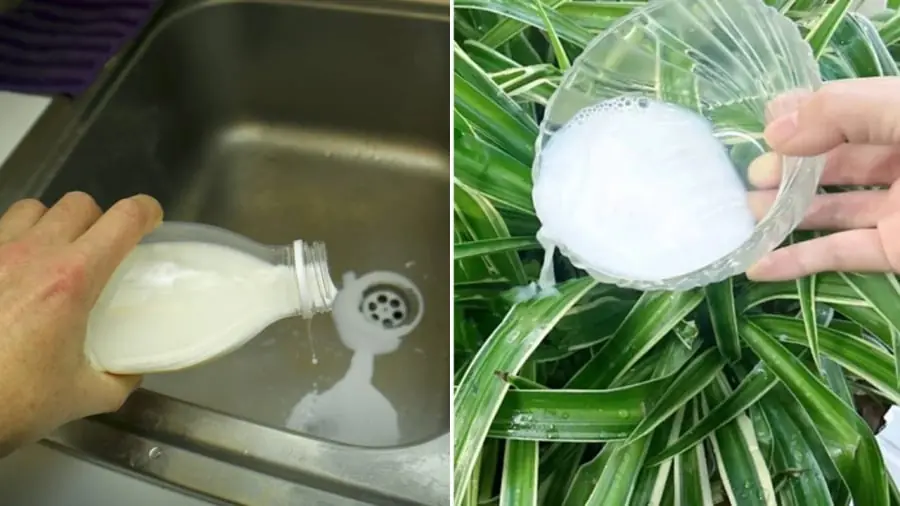
Don’t Throw Away Expired Fresh Milk — Keep It for These 4 Amazing Uses
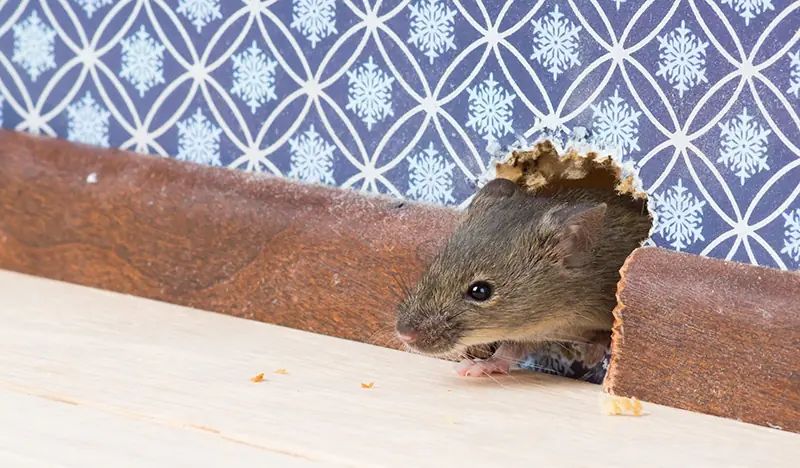
How to drive away an entire rat colony using simple household ingredient
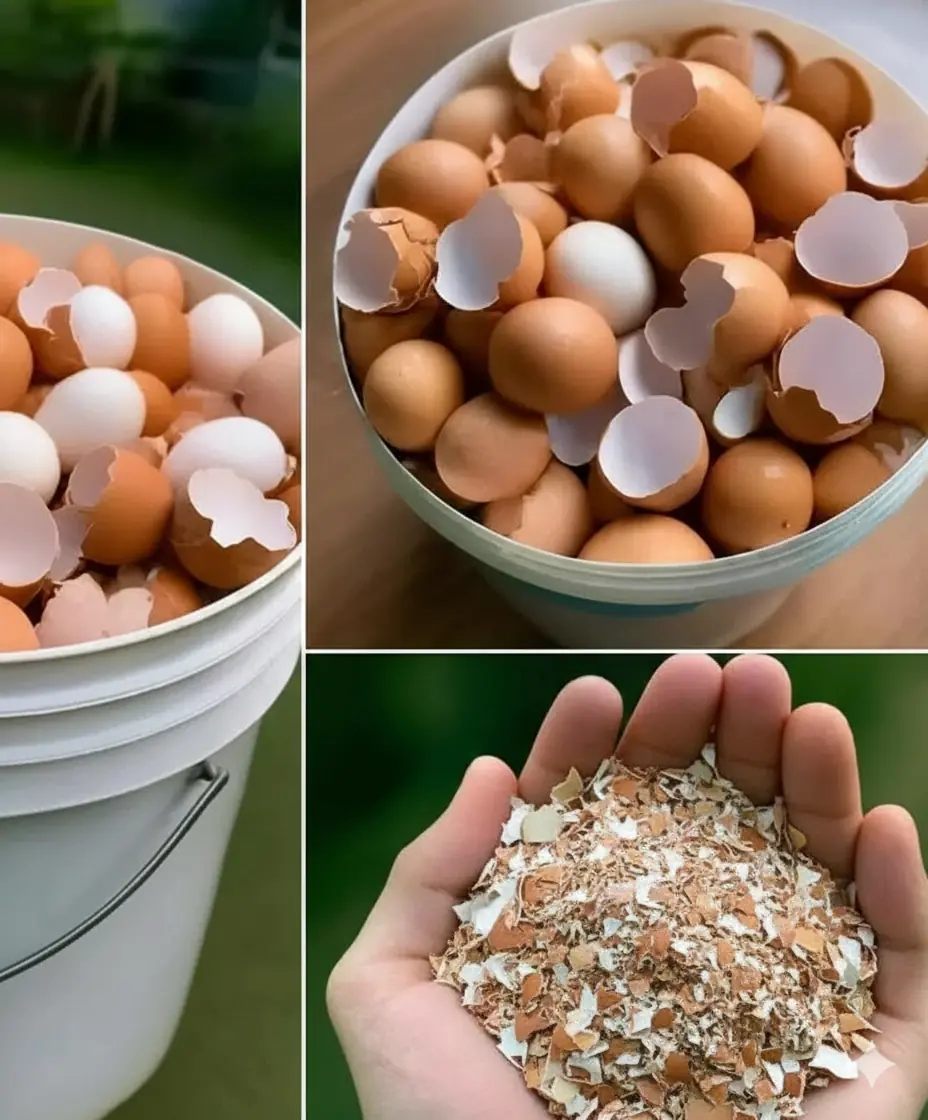
Boil eggshells and say goodbye to waste: The surprising uses you need to know
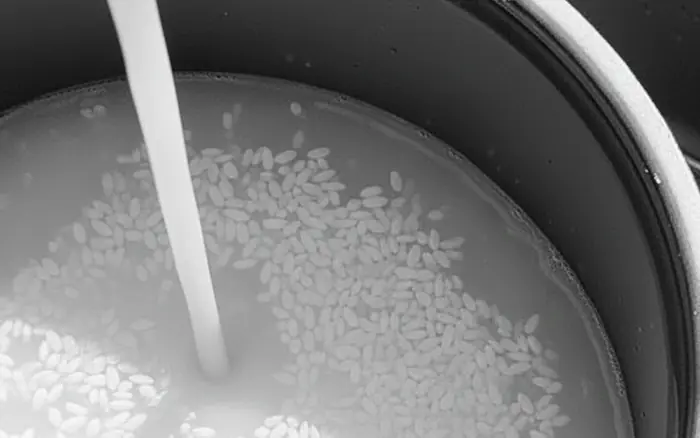
Cooking Rice with This Milky-White Liquid Is Far Better Than Using Plain Water: Tastier Rice, Better Skin, and Protection Against Many Diseases
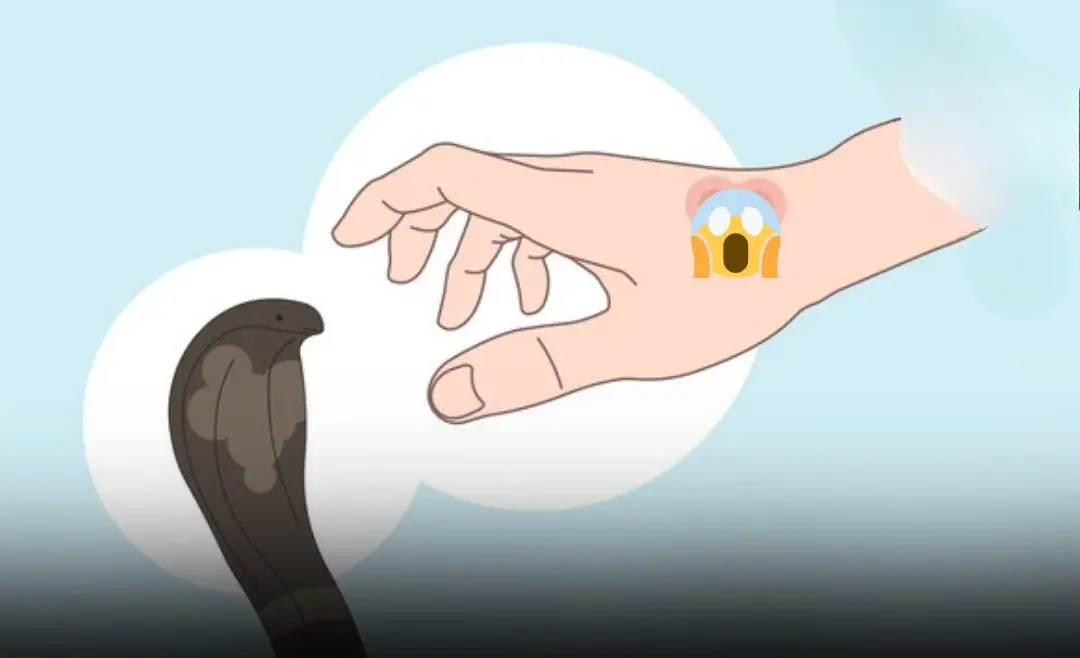
The First Steps to Take After a Snake Bi:te
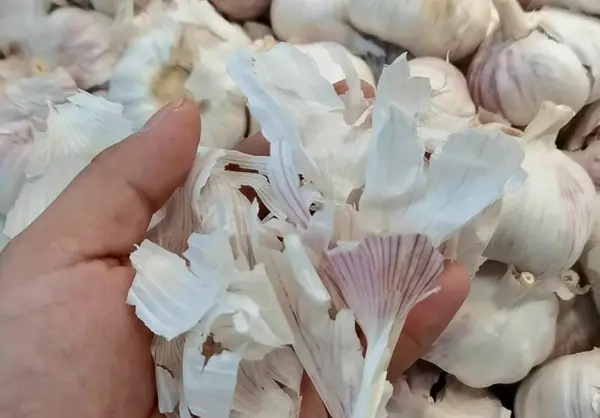
Garlic skins may seem useless, but they can be surprisingly helpful in daily life

Mixing Toothpaste with Salt: Surprising Uses and Benefits You Can Try at Home

The ring you pick will reveal your truest trait
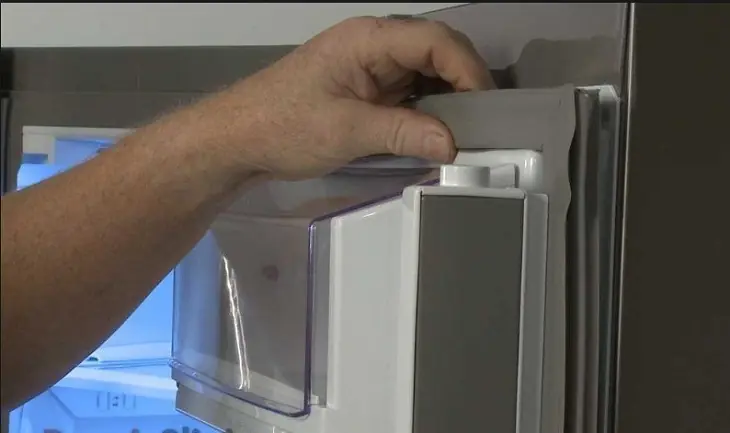
The right way to clean your refrigerator’s rubber door seal
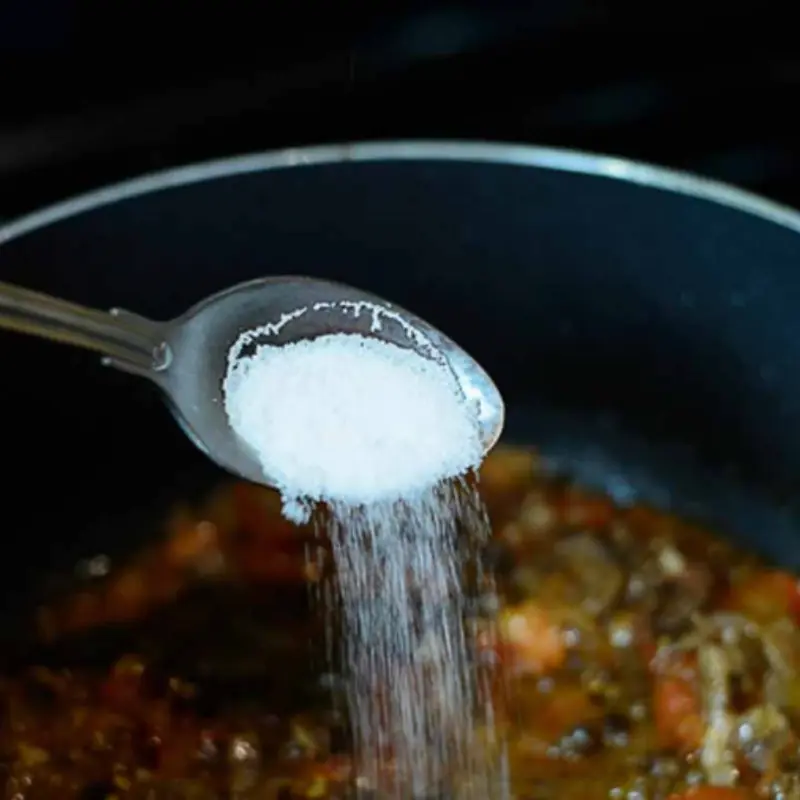
Oversalted your dish? Don’t dilute it with water—add this one ingredient to balance the flavor fast.
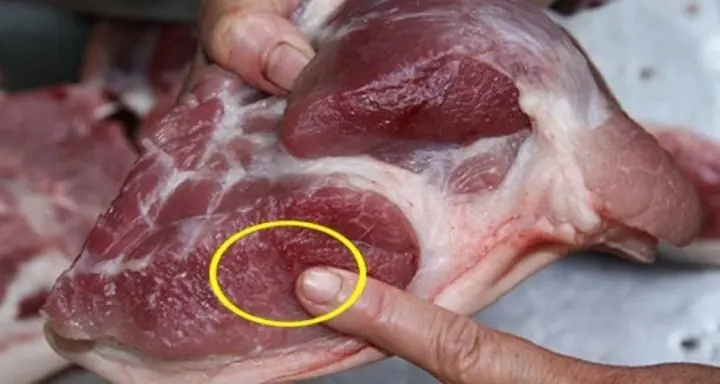
Butcher’s Honest Advice: When Buying Pork, It’s Best to Avoid These Three Types — Only the Uninformed Like Them

How to Effectively Remove Black Mold Spots from Household Items
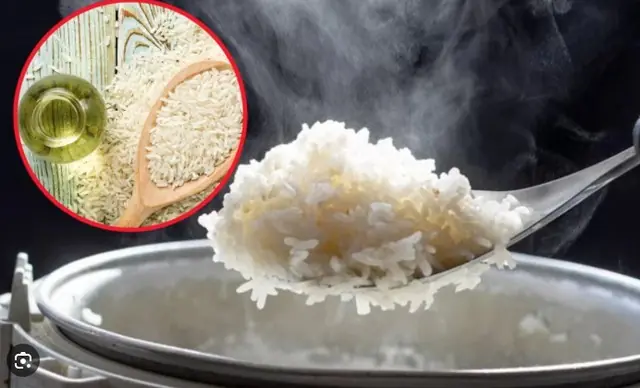
Many people cook rice every day—but still get it wrong: 4 simple tips for tastier rice and better digestion
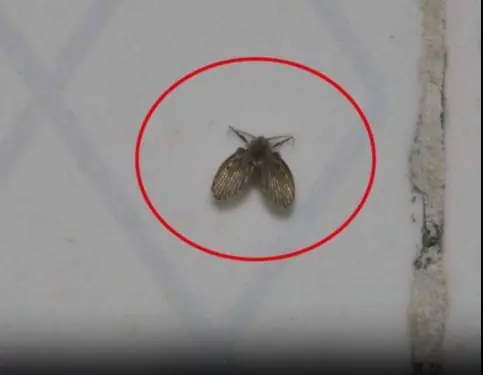
Little Black Bugs in the Bathroom? Here’s What They Are & How to Get Rid of Them for Good
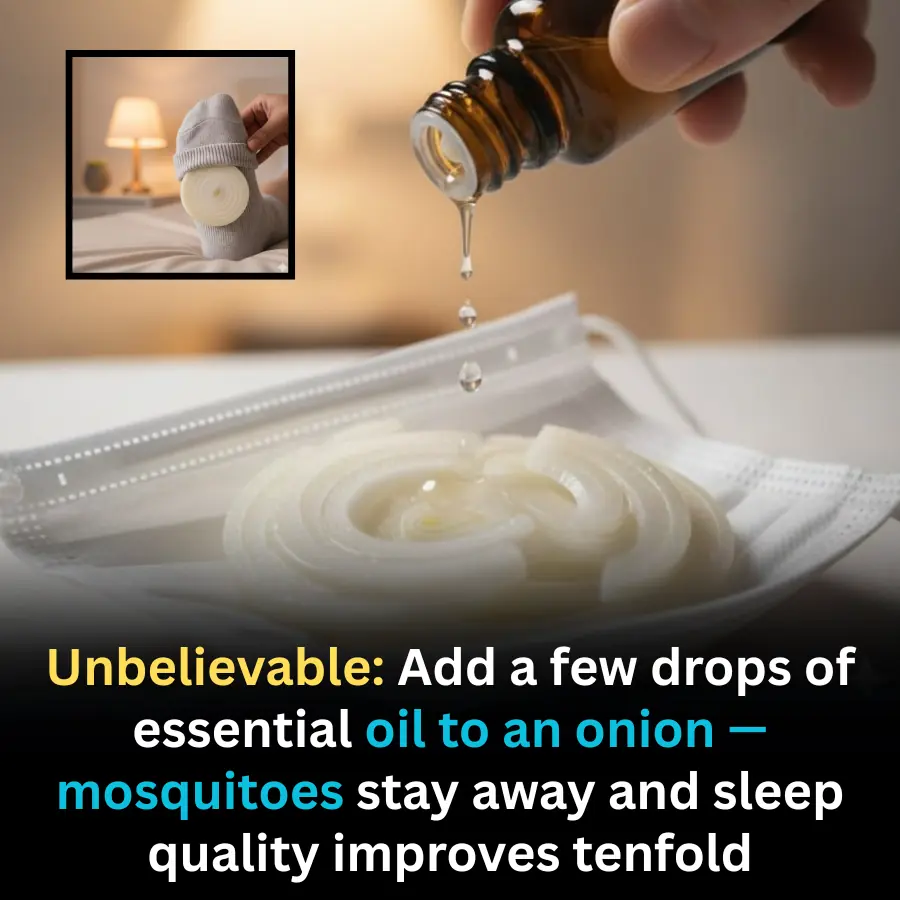
Add a Few Drops of Oil to an Onion: A Simple Home Trick That Repels Mosquitoes and Improves Sleep
News Post

7 Power-Hungry Home Appliances: Unplugging Them Can Save Electricity—but Also Shorten Their Lifespan
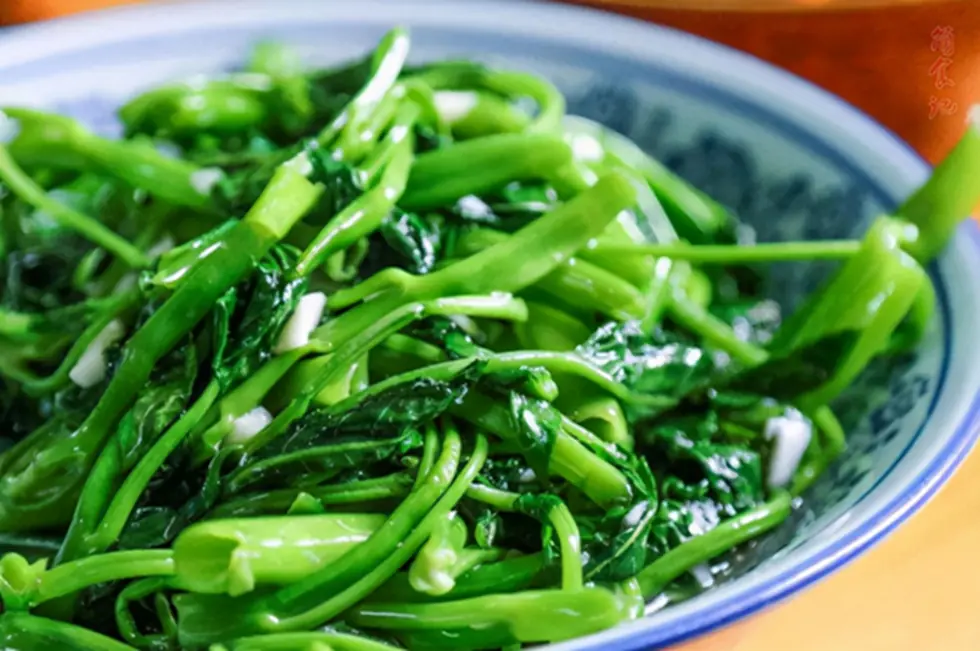
Most leftover food can still be eaten—but there are two types you’re better off throwing away than “slowly pois.oning yourself.”

Dreaming of “inti.macy” with the opposite s.ex: Most cases come from these 2 reasons—don’t be naïve and misunderstand it

Avoid These 6 Foods That Can Harm Your Thyroid Health
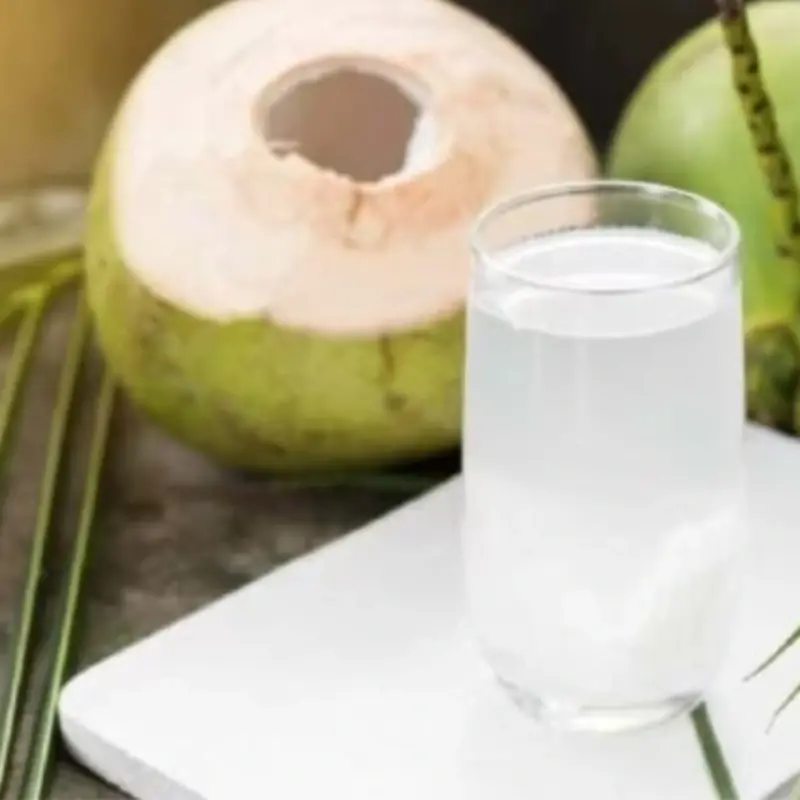
Coconut Water and Your Kidneys: The Truth You Should Know

Philly Cheesesteak Meatloaf

Leg Cramps at Night Are Not Random—Here’s What Your Body May Be Telling You
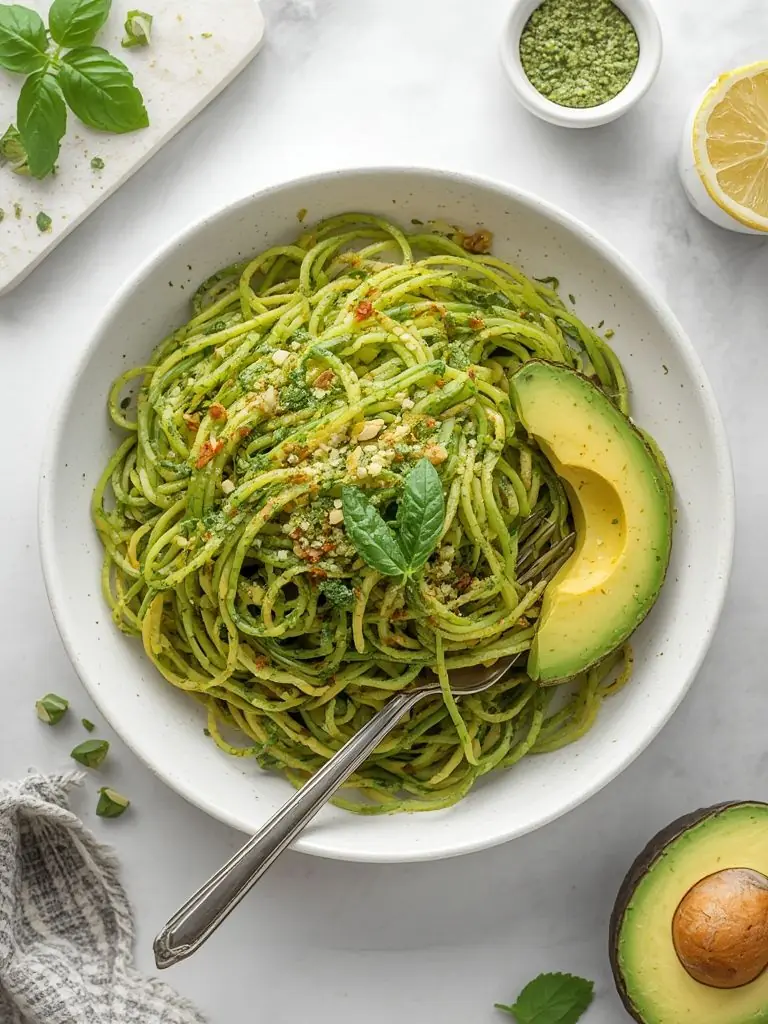
AVOCADO PESTO PASTA
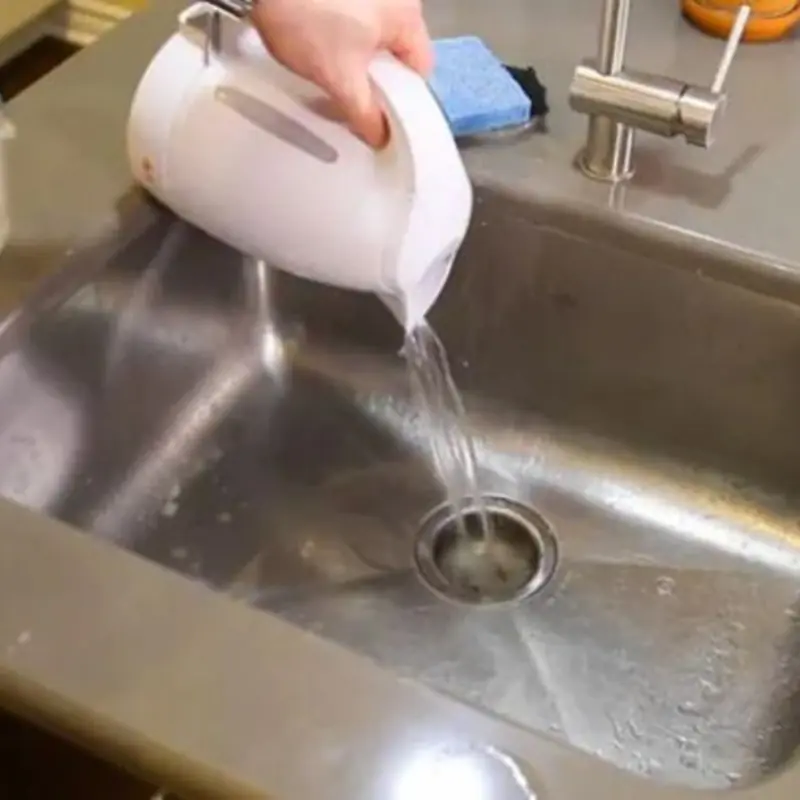
Think pouring hot water down the sink is safe? It could be causing two big problems.
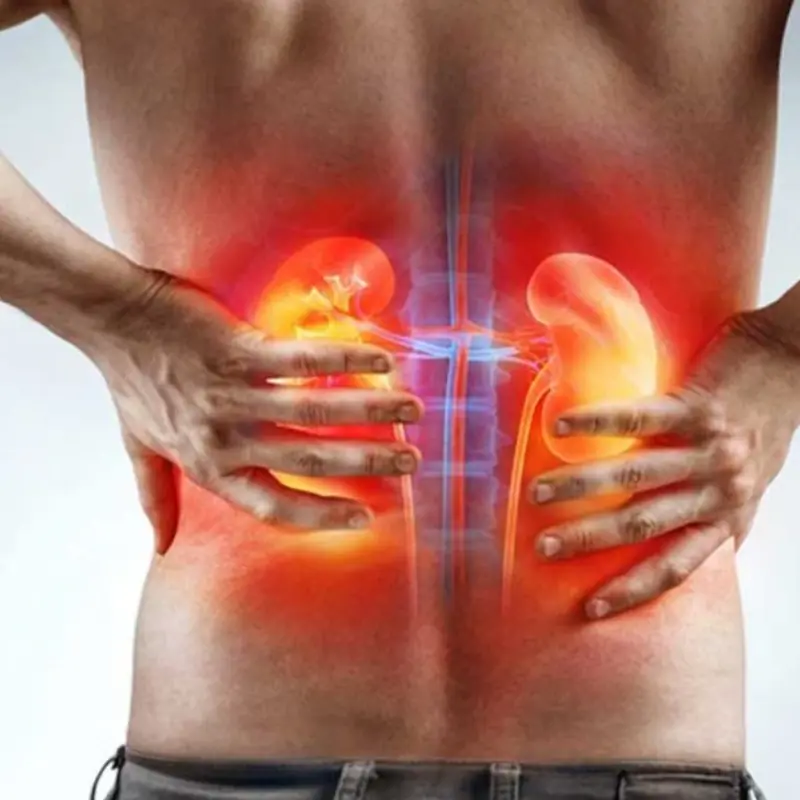
Doctors Warn: 3 Pain Areas That Might Be Early Signs of Can.cer—When to Get Checked
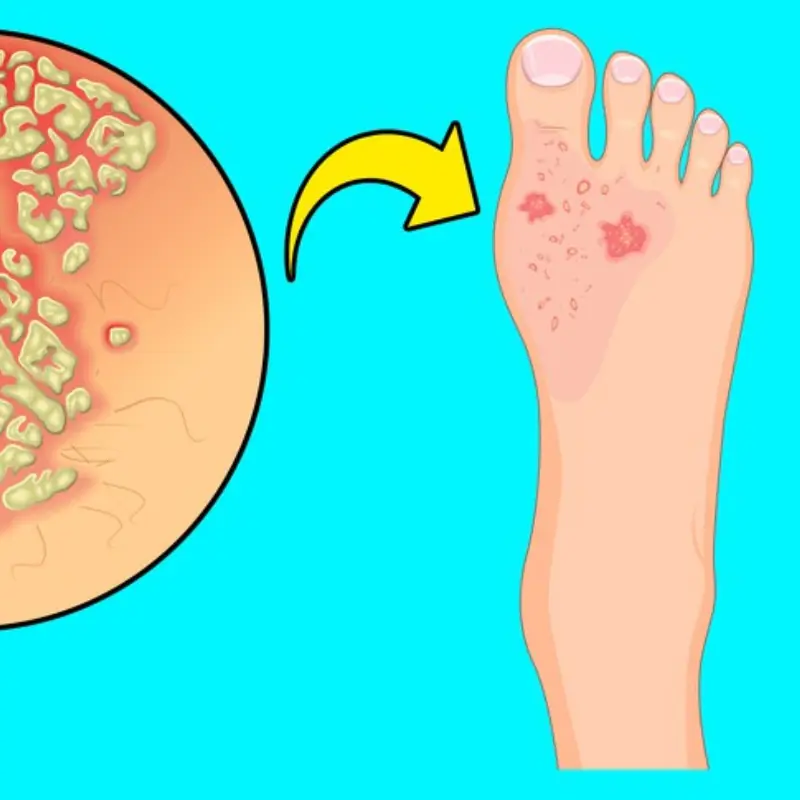
6 warning signs in your feet that may signal serious health problems, see a doctor early.
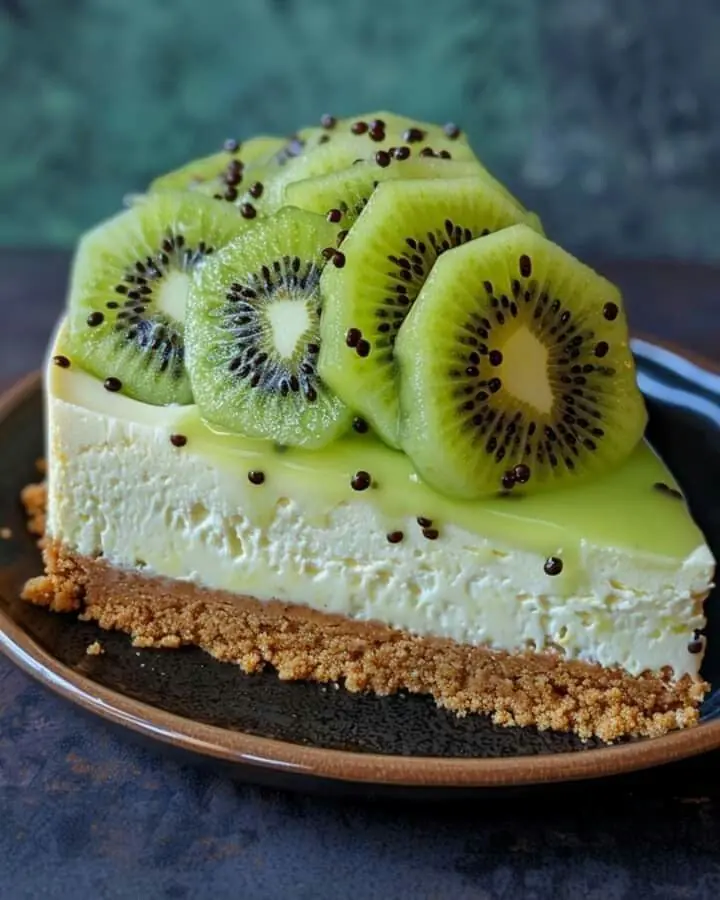
KIWI CHEESECAKE (NO-BAKE)
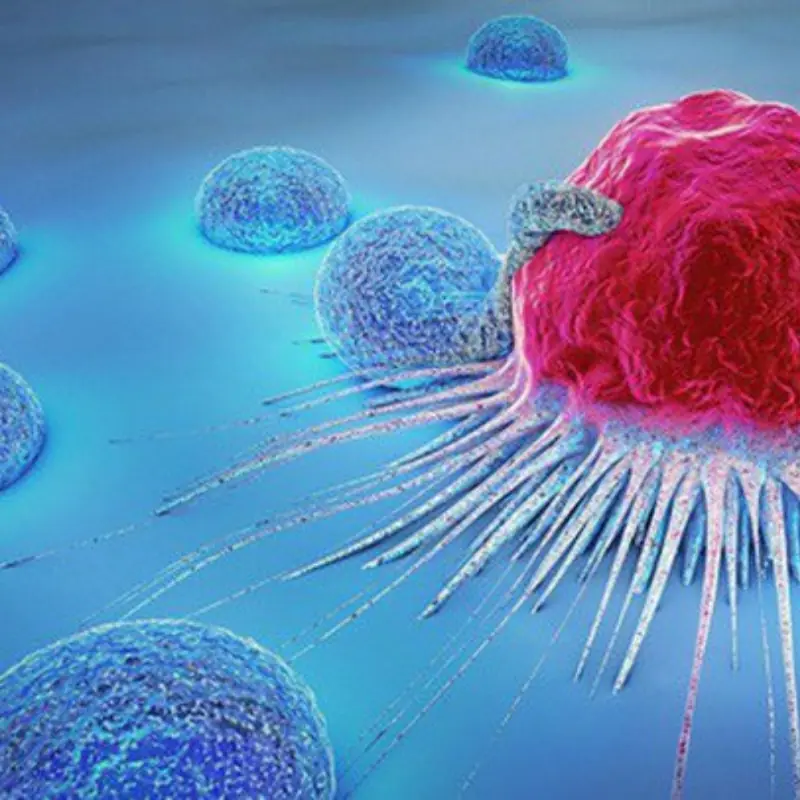
These 7 foods may help your body defend against can.cer, here’s why.
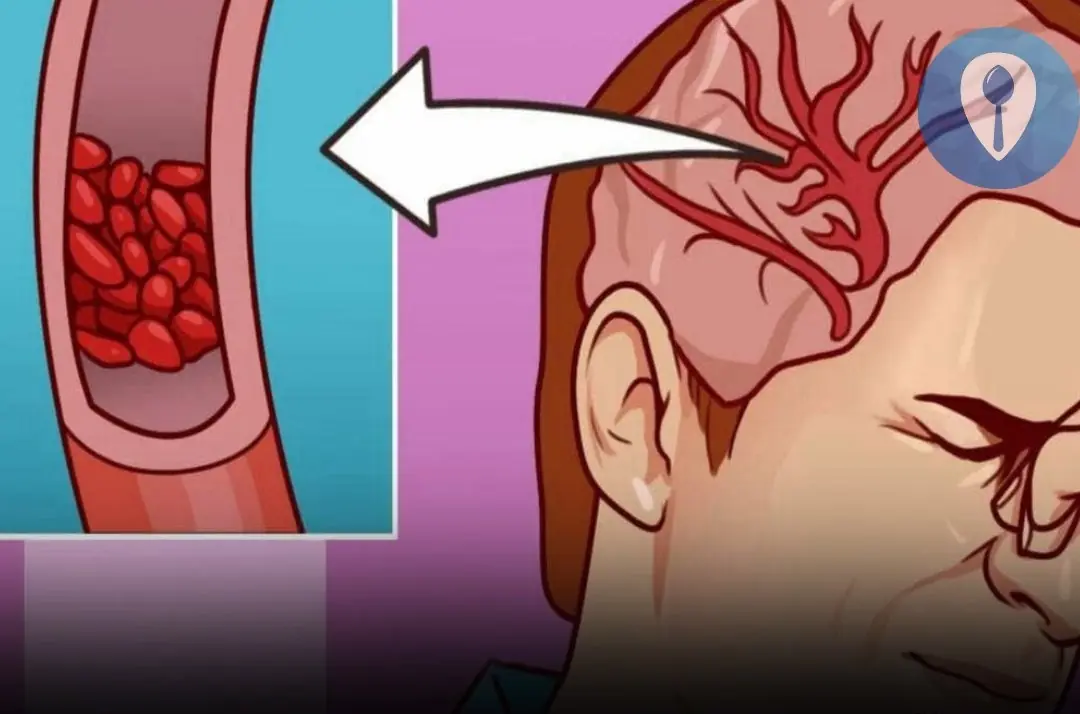
I experience 6 of these
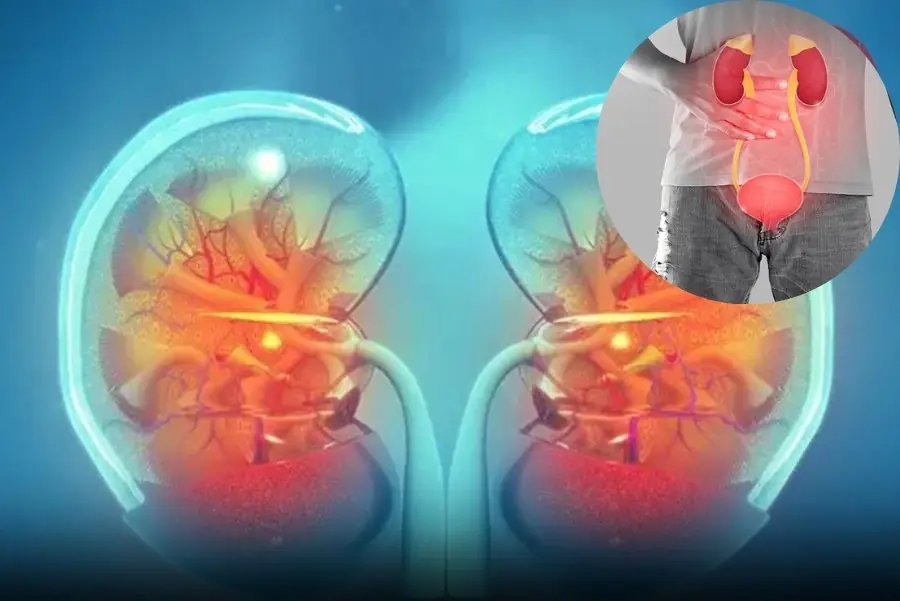
8 Silent Signs Your Kidneys Are Failing — Ignoring Them May Mean Dialysis for Life

Avoid these drinks before bedtime — they could cause problems

Hidden risk factors inside the home
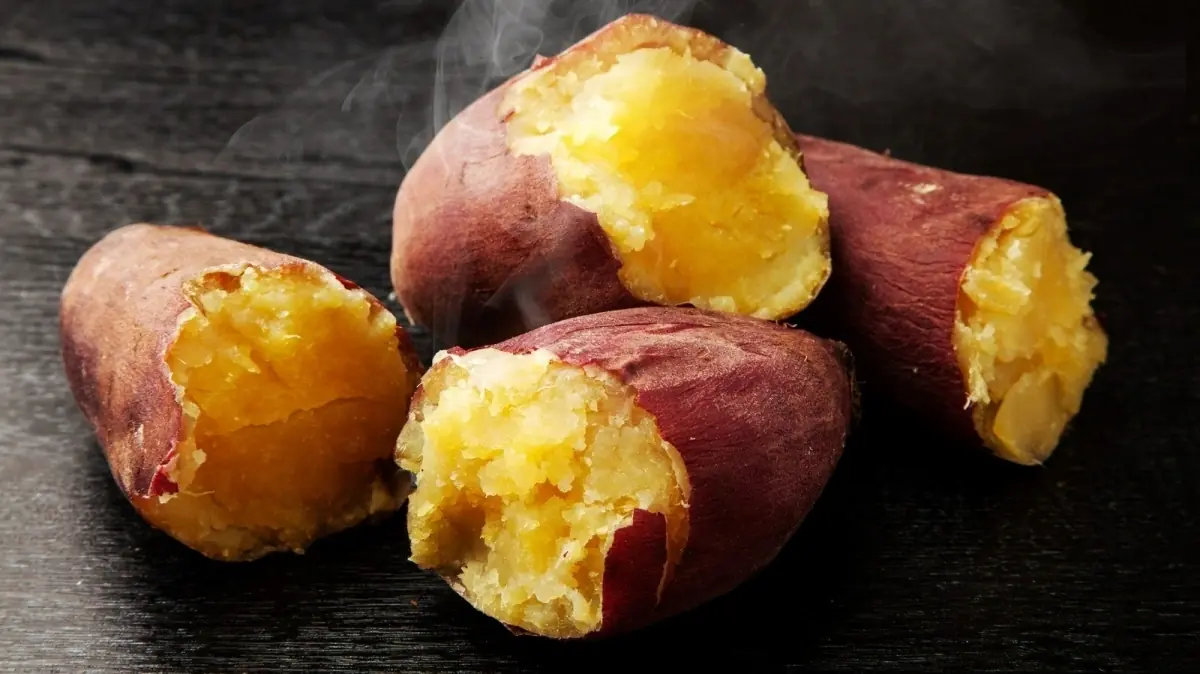
People with diabetes often make mistakes: Eating sweet potatoes must follow the “3 DON’Ts” to avoid blo.od sugar spikes

Young and at Risk: Str.ok.e Strikes 19-Year-Old After Headache — 5 Symptoms You Shouldn’t Ignore
